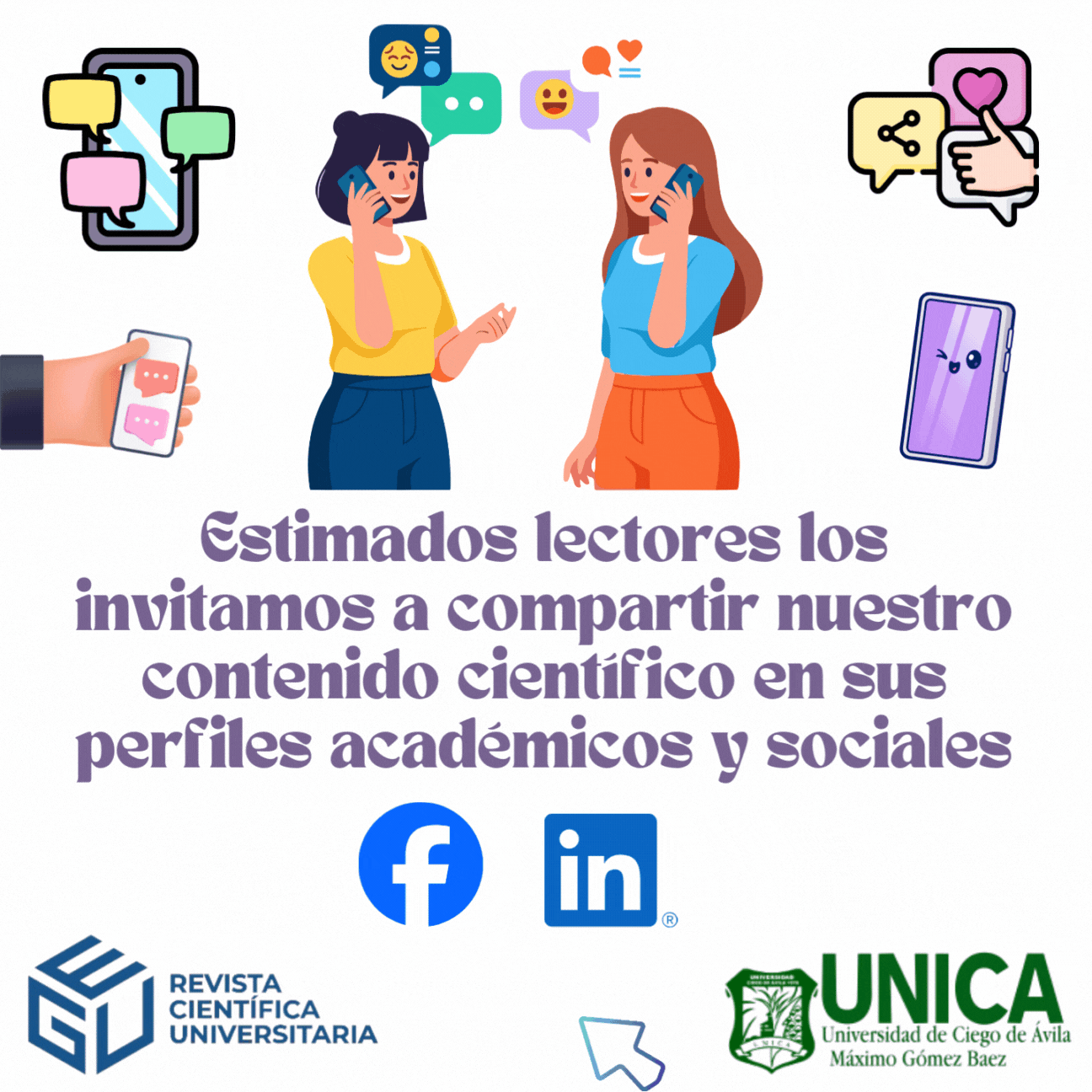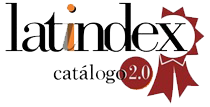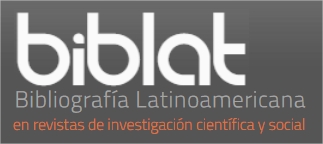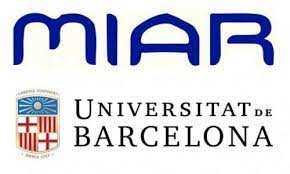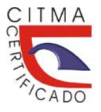Improvement of an instrument to evaluate the impact of postgraduate training in the Chair of Quality, Metrology and Standardization
DOI:
https://doi.org/10.5281/zenodo.15065643%20Keywords:
impact, assessment, postgraduate, trainingAbstract
Introduction: the training impact evaluation is a scientific and academic challenge in view of the need to continuously improve the quality of programs based on its relevance and academic excellence. Objective: to analyze the results of the improvement of an instrument for the impact assessment of postgraduate academic training. Method: the instrument for the training impact assessment, improved and implemented in the 10th Edition of the Master's Program in Quality and Environmental Management, is a modification of the Kirkpatrick Model to include the impacts of the program on society. Results: the improvement of the instrument lies in specifying the strategic sectors in which the impact occurs, as well as the levels of introduction and potential generalization of the result obtained. In its application, the positive effects of the program on the performance of graduates and their organizations are evident, as well as the introduction of the results of research carried out in seven strategic sectors for the economic and social development of the country. Conclusion: the instrument developed for the impact evaluation of academic training allows us to know the positive effects of the evaluated program in the personal, organizational and social spheres.
Downloads
References
Alsalamah, A., & Callinan, C. (2021). Adaptation of Kirkpatrick’s Four-Level Model of Training Criteria to Evaluate Training Programmes for Head Teachers. Education Sciences, 11(3), 116. https://doi.org/10.3390/educsci11030116
Arslankara, V. B., Arslankara, E., Asan, İ., Külekçi, M., & Usta, E. (2024). Assessment of an In-Service Training Activity Transformed into an E-Learning Environment Using the Kirkpatrick Model. Journal of Teacher Education and Lifelong Learning, 6(1), 207-221. https://dergipark.org.tr/en/download/article-file/3748232
Bahl, K., Kiran, R., & Sharma, A. E. (2024). Evaluating the effectiveness of training of managerial and non-managerial bank employees using Kirkpatrick’s model for evaluation of training. Humanities Social Sciences Communications, 11, 508. https://doi.org/10.1057/s41599-024-02973-y
Cahapay, M. B. (2021). Kirkpatrick Model: Its Limitations as Used in Higher Education Evaluation. International Journal of Assessment Tools in Education, 8(1), 135-144. https://doi.org/10.21449/ijate.856143
Carrera Morales, M. A., Mesa Carpio, N., & Padilla Cuellar, Y. (2022). Metodología para evaluar el impacto de la educación de posgrado. Transformación, 18(1), 53-69. http://scielo.sld.cu/pdf/trf/v18n1/2077-2955-trf-18-01-53.pdf
Díaz Leyva, C. A., & Marrero Fornaris, C. (2021). La evaluación del impacto de la capacitación: retos y beneficios para las organizaciones actuales. Revista Universidad y Sociedad, 13(6), 28-38. http://scielo.sld.cu/pdf/rus/v13n6/2218-3620-rus-13-06-28.pdf
DiLoreto, M., Gray, J. A., & Schutts, J. (2022). Student Satisfaction and Perceived Learning in Online Learning Environments: An Instrument Development and Validation Study. Education Leadership Review, 23(1), 115-134. https://files.eric.ed.gov/fulltext/EJ1380107.pdf
Eom, S., & Ashill, N. J. (2023). Learning Outcomes and Learner Satisfaction: The Mediating Roles of Self-regulated Learning and Dialogues. Journal of International Technology and Information Management, 32(1), 1-31. https://doi.org/10.58729/1941-6679.1557
Fernández Medina, C., & Ruiz Arnaud, J. (2023). Instrumento para la evaluación del impacto de programas de posgrado a partir de la dimensión egresados desde el Centro de Estudios de la Educación Superior Agropecuaria. ReHuSo, 8(2), 137-156. https://doi.org/10.33936/rehuso.v8i2.5715
Firooznia, M., Hamta, A., & Shakerian, S. (2020). The effectiveness of in-service training “pharmacopeia home health” based on Kirkpatrick's model: A quasi-experimental study. Journal of Education and Health Promotion, 9(1), 218. https://doi.org/10.4103/jehp.jehp_170_20
García González, M., García Rodríguez, A., & Ortiz Cárdenas, T. (2021). Análisis desde la evaluación de impacto en la capacitación a directivos. Avances, 23(3), 1-16. https://www.redalyc.org/articulo.oa?id=637869395002
Gómez Miranda, O. M. (2023). Factores institucionales que impactan en la actividad emprendedora de los estudiantes universitarios. Región Científica, 2(1), 202327. https://doi.org/10.58763/rc202327
Guerra Bretaña, R. M., Meizoso Valdés, M. C., Ramírez García, J. R., & Iglesias Morell, A. (2017). Los programas de Maestría como canal de transferencia del conocimiento universidad-industria en Cuba. Revista COFIN Habana, 11(1), 1-22. http://www.cofinhab.uh.cu/index.php/RCCF/article/view/205
Guerra Castillo, S. (2021). Metodología para evaluar el impacto de la capacitación en las empresas cubanas. Revista Universidad y Sociedad, 13(6), 237-249. http://scielo.sld.cu/pdf/rus/v13n6/2218-3620-rus-13-06-237.pdf
Hamtini, T. M. (2008). Evaluating E-learning Programs: An Adaptation of Kirkpatrick's Model to Accommodate E-learning Environments. Journal of Computer Science, 4(8), 693-698. https://doi.org/10.3844/jcssp.2008.693.698
Jiménez-Pitre, I., Molina-Bolívar, G., & Gámez Pitre, R. (2023). Visión sistémica del contexto educativo tecnológico en Latinoamérica. Región Científica, 2(1), 202358. https://doi.org/10.58763/rc202358
Ministerio de Economía y Planificación. (2020). Plan Nacional de Desarrollo Económico y Social hasta 2030. https://www.mep.gob.cu/es/noticia/folleto-sobre-plan-nacional-de-desarrollo-economico-y-social-hasta-2030-agenda-2030
Mohamed Ali, A. A., Usman, I., & Kurniawati, M. (2024). The role of human resource management practices in enhancing organizational commitment: Systematic literature review. World Journal of Advanced Research and Reviews, 24(03), 2164-2176. https://doi.org/10.30574/wjarr.2024.24.3.3783
Nawaz, F., Ahmad, W., & Khushnood, M. (2022). Kirkpatrick Model and Training Effectiveness: A Meta-Analysis 1982 To 2021. Business & Economic Review, 14(2), 35-55. https://doi.org/10.22547/BER/14.2.2
Nieto Acosta, O. M., González Blanco, I., & Grimón Cebreiro, M. Y. (2022). Evaluación del impacto de la maestría en Farmacología del Instituto de Farmacia y Alimentos. Revista Cubana De Educación Superior, 41(Especial 2), 351–367. https://revistas.uh.cu/rces/article/view/194
Paredes-Dávila, H., Padrón-Estrada, & Elena, M. (2022). Seguimiento a egresados: impacto de un posgrado de formación docente en el desempeño laboral. Psicología Educativa, 10(1), 57-64. https://revistapsicologiaeducativa.unam.mx/index.php/psicologiaeducativa/article/view/47/40
Parra Robledo, R., Ruiz Bueno, C. (2020). Evaluación de impacto de los programas formativos: aspectos fundamentales, modelos y perspectivas actuales. Revista Educación, 44(2), 512-524. https://doi.org/10.15517/revedu.v44i2.40281
Ramos Azcuy, F. J., & Guerra Bretaña, R. M. (2023). Instrumento para la autoevaluación de programas virtuales de maestrías. RECIE. Revista Caribeña De Investigación Educativa, 7(1), 7–29. https://revistas.isfodosu.edu.do/index.php/recie/article/view/406
Ramos Azcuy, F. J., Meizoso Valdés, M. C., & Guerra Bretaña, R. M. (2016). Instrumento para la evaluación del impacto de la formación académica. Revista Universidad y Sociedad, 8(2), 114-124. http://scielo.sld.cu/pdf/rus/v8n2/rus13216.pdf
Shewchuk, S., Wallace, J., & Seibold, M. (2023). Evaluations of training programs to improve capacity in K*: a systematic scoping review of methods applied and outcomes assessed. Humanities and Social Sciences Communications, 10, 887. https://doi.org/10.1057/s41599-023-02403-5
Sosa Vera, R., Ramírez García, J. R., & Guerra Bretaña, R. M. (2024). Aportes y retos de la educación de posgrado de la Universidad de La Habana para el fortalecimiento de la infraestructura nacional de calidad. Rimarina, 8(1), 91-101. https://doi.org/10.61236/rima.v8i1.614
Stable Rodríguez, Y., & Núñez García, L. C. (2021). Metodología para la evaluación del impacto de la capacitación en organizaciones de información científica tecnológica. Revista Cubana de Información en Ciencias de la Salud, 3(2), 1606. http://scielo.sld.cu/pdf/ics/v32n2/2307-2113-ics-32-02-e1606.pdf
Tumi, N. S., Hasan, A. N., & Khalid, J. (2022). Impact of Compensation, Job Enrichment and Enlargement, and Training on Employee Motivation. Business Perspectives and Research, 10(1), 121-139. https://doi.org/10.1177/2278533721995353
Yi, Z. M., Zhou, L. Y., Yang, L., L, Y., Liu, W., Zhao, R. S., & Zhai, S. D. (2020). Effect of the international pharmacy education programs: a pilot evaluation based on Kirkpatrick’s model. Medicine, 99(27), e20945. https://doi.org/10.1097/MD.000000000002
Downloads
Published
How to Cite
Issue
Section
License
Copyright (c) 2025 Estrategia y Gestión Universitaria

This work is licensed under a Creative Commons Attribution-NonCommercial-ShareAlike 4.0 International License.



